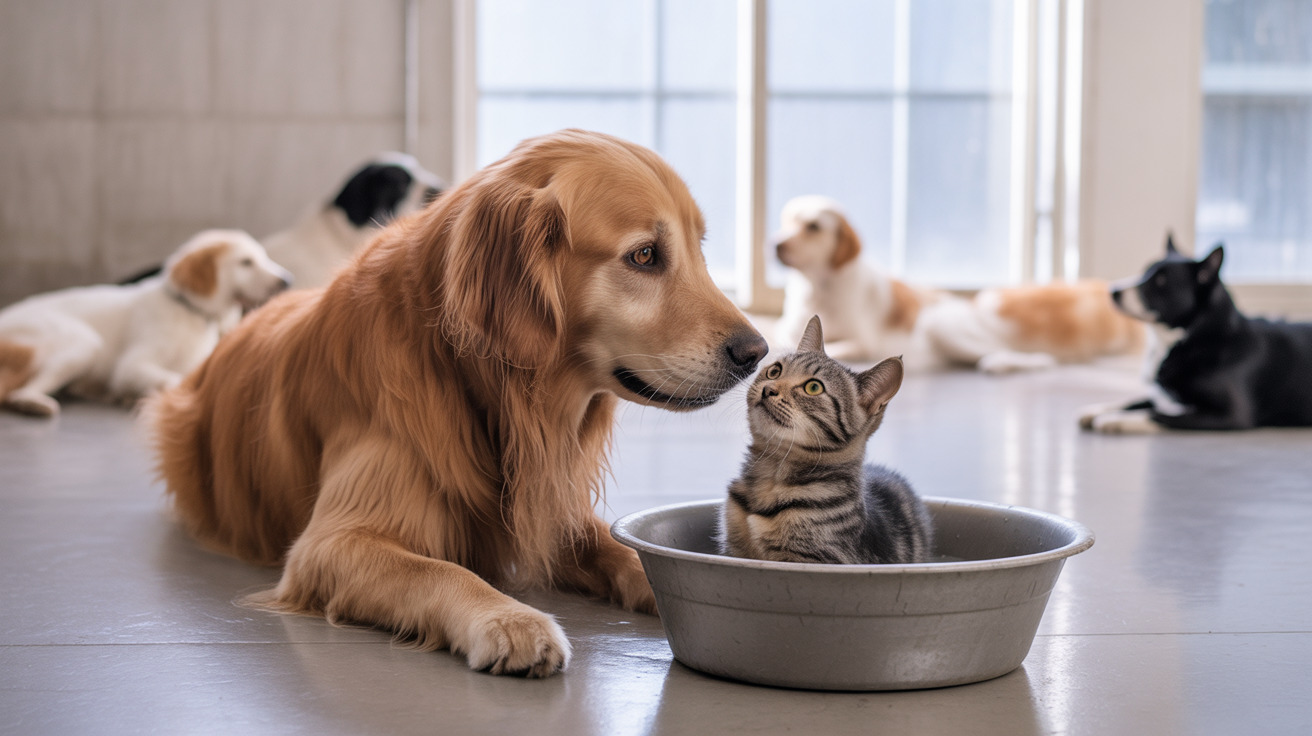Understanding How Much Sleep Dogs Need in a 24-Hour Period
Sleep is an essential part of a dog's daily routine, playing a key role in their overall health, development, and behavior. While it may seem like your furry friend spends a significant chunk of the day napping, this is entirely normal. On average, dogs sleep about 12 to 14 hours in a 24-hour period. However, several factors—including age, breed, and health status—can influence the exact amount of rest needed.
General Sleep Requirements by Age
Just like humans, dogs have different sleep needs depending on their life stage:
- Puppies: Require the most sleep, typically between 18 to 20 hours daily. Sleep is crucial for their brain and physical development.
- Adult Dogs: Generally sleep between 8 to 14 hours a day, depending on their activity level and lifestyle.
- Senior Dogs: Often sleep up to 20 hours as slower metabolism and energy levels increase their need for rest.
Breed Matters: Activity Level and Size Influence Rest
Different dog breeds have different energy levels and metabolic rates, which affects their sleeping habits:
- Large Breeds (e.g., Mastiffs, Saint Bernards): Tend to sleep more than smaller breeds, often exceeding 14 hours per day.
- Working Breeds (e.g., Border Collies, German Shepherds): Typically sleep less due to higher energy and mental stimulation needs.
- Companion Breeds (e.g., Pugs, Shih Tzus): May nap frequently throughout the day due to their more laid-back lifestyle.
Sleep Patterns and Cycles
Unlike humans who usually have a consolidated sleep at night, dogs alternate between sleep and wakefulness multiple times throughout the day and night. Their sleep includes light dozing and deeper REM (Rapid Eye Movement) sleep. However, dogs spend less time in REM sleep compared to humans, making them lighter sleepers overall.
Health and Environmental Factors
A dog’s sleep pattern can also be affected by:
- Medical Conditions: Issues like hypothyroidism, arthritis, diabetes, and heart disease can lead to increased sleep.
- Boredom and Lack of Stimulation: Dogs without sufficient physical and mental activities may sleep more out of boredom.
- Diet and Routine: An irregular feeding schedule or chaotic household can disrupt normal sleep rhythms.
- Uncomfortable Sleeping Environment: Noise, lighting, and poor bedding can cause restlessness or interrupted sleep.
Signs of Sleep Problems
Excessive sleep or drastic changes in sleep patterns can indicate underlying problems. Look for symptoms such as:
- Unusual lethargy or fatigue
- Restlessness or insomnia
- Loud snoring or abnormal breathing during sleep
- Loss of interest in normal daily activities
- Behavioral changes or disorientation
If your dog exhibits these signs, it's a good idea to consult with your veterinarian to rule out medical or behavioral issues.
Common Sleep Disorders in Dogs
Dogs can suffer from sleep disorders similar to humans. These include:
- Narcolepsy: Sudden loss of muscle tone and sleep episodes.
- Sleep Apnea: Common in brachycephalic (short-nosed) breeds and characterized by snoring and disrupted breathing.
- REM Sleep Behavior Disorder: Causes twitching, whining, or movement during REM sleep.
Tips for Supporting Healthy Sleep
To help your dog get the rest they need:
- Provide a quiet, dark, and cozy space for sleeping.
- Maintain a consistent daily routine.
- Ensure ample physical exercise and mental stimulation.
- Feed your dog at regular intervals.
- Watch for any changes in sleeping patterns or behavior.
Monitoring your dog’s sleep not only fosters better rest but also serves as an important indicator of their overall well-being. Ensuring your pet gets adequate, quality sleep contributes to a healthier, happier life.





